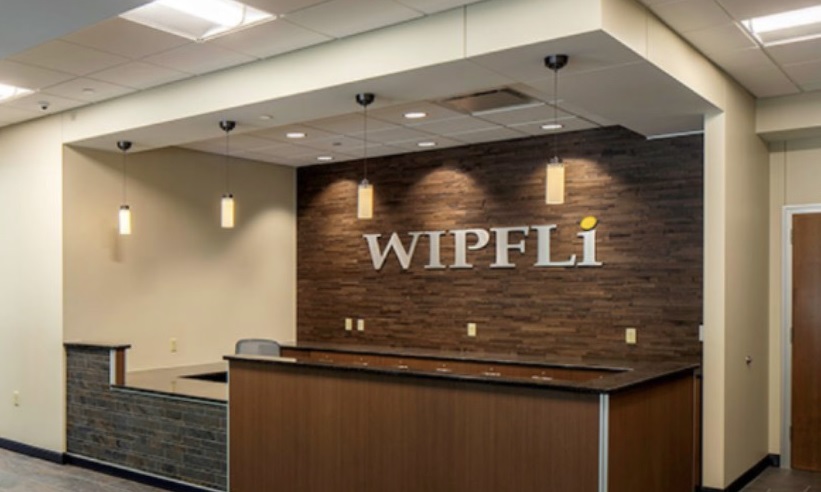By Joe Carufe.
For the last several years, CAS (client accounting services) has been one of the hottest topics in the industry, with firms intrigued by its potential to break the tax season cycle with a more varied and recurring workload. But what was once largely a revenue play has recently emerged as a viable strategy for combatting another of the profession’s longstanding struggles – the ongoing talent crisis.
Indeed, it turns out that many of the same things that make CAS appealing as a revenue generator are the same things that appeal to young career explorers. From its less intense emphasis on tax season to its greater diversification of work to its potential for a deeper connection to that work, CAS offers the kind of work-life balance that has long eluded many in traditional accounting roles.
And that work-life balance may be the key to attracting (and retaining) the bright young talent that in recent years has mostly avoided the accounting profession. Here’s how CAS delivers on this front, and how firms can prove it to the promising young candidates they’re looking to hire.
Solving the Tax Problem
There are a number of credible theories for why accounting has grown less appealing to young professionals over the past several years: the extra year of school, the time needed to study for the CPA exam, the slow path to partner, and relatively low starting salaries compared to other professions to name a few.
But they’re mostly overshadowed by what has become one of Gen Z’s signature demands across all professions: more flexibility, better work-life balance, and more meaningful work. Accounting, with its hard-to-shake reputation for number-crunching and long, grueling tax seasons, has seemed further from this ideal than most of its peer professional fields.
Of course, tax work is a necessary function in accounting. But it’s the strict deadline-driven elements that surround tax work – and the duration of the associated busy season – that can be a turn-off for young graduates looking for more variety and less intensity from their chosen career.
Is CAS the Answer to More Balanced Work-Life?
On the other hand, the needs and interests of today’s young professionals line up nicely with the benefits and attributes of a typical CAS practice. With less emphasis on the rigors of tax season and a greater focus on more steady and manageable work, CAS tends to deliver a more appealing work-life blueprint.
But fewer and less intense tax-work hours are just the tip of the work-life iceberg for CAS.
Working with business owners on multiple aspects of their enterprises also gives young accountants a chance to engage in exactly the kind of meaningful work they crave. CAS also removes the stigma of accounting as little more than an endless drudgery of number-crunching by focusing on things like…
- Engaging in more varied and interesting work that goes beyond once-a-year tax duties, and instead encompassing the entire spectrum of a client’s business and the potential strategies that could help it grow.
- Providing analytical and advisory guidance on a wide array of challenges and opportunities that can deliver real-world impact for business owners.
- Developing client partnerships by focusing on close, continuous work with business owners and proposing strategic ideas based on a deep understanding of their challenges and goals.
The best part is that these more attractive duties often come with the added bonus of fewer hours in the office. More meaningful work and more time to pursue one’s interests beyond the confines of the job? That’s the work-life balance that CAS can deliver.
Selling Your CAS Advantage
It’s one thing to build a CAS practice with all of these appealing attributes, but it’s another thing to help young professionals understand how your approach to accounting diverges from what they might expect.
Those familiar with the ins and outs of the profession may see the obvious differences, but it’s your job to make it clear how CAS stands apart. Doing so means building a recruiting strategy that focuses very clearly on the work-life advantages of CAS noted above.
Of course, those benefits tend to come at a price. Specifically, most CAS firms highlighting their commitment to reduced hours and work-life balance probably can’t match the compensation offered by many of the top tax firms. But CAS is a differentiator that transcends dollars and cents. That tradeoff may not appeal to every young professional, but it’s likely to resonate deeply with those who harbor a less-than-flattering view of the profession.
CAS Can Attract the Next Generation of Accounting Talent
While helping accounting firms diversify and expand their revenue streams has been the main driver of the growing popularity of CAS, its appeal to young professionals seeking a better work-life balance may be even more consequential in today’s environment.
Offering a focus on more personal and meaningful work, with less emphasis on the long hours and stress of a typical tax practice, CAS speaks to how young people want to work. That’s why those firms highlighting CAS as a new era of accounting may just unlock the solution to the profession’s ongoing pipeline problem.
===
Joe Carufe is a firm builder and CAS advocate helping accounting practices move beyond tax season burnout and toward modern, people-centered models. As co-founder of Good Measure and an Executive Advisor at Karbon, he blends deep operational expertise with a passion for creating flexible, meaningful careers in accounting. Joe believes CAS isn’t just a growth strategy—it’s how the profession becomes one worth joining again.
Thanks for reading CPA Practice Advisor!
Subscribe Already registered? Log In
Need more information? Read the FAQs
Tags: CAAS, CAS, Firm Management



